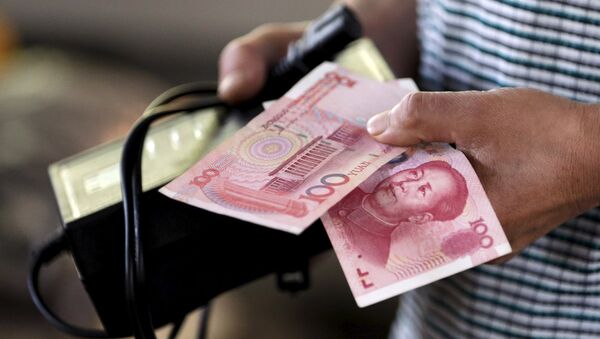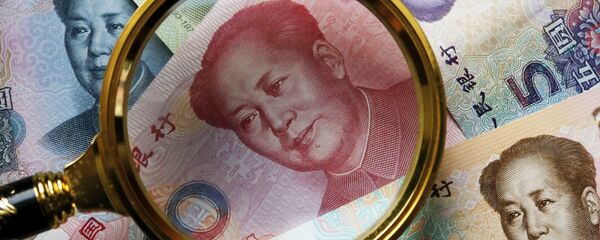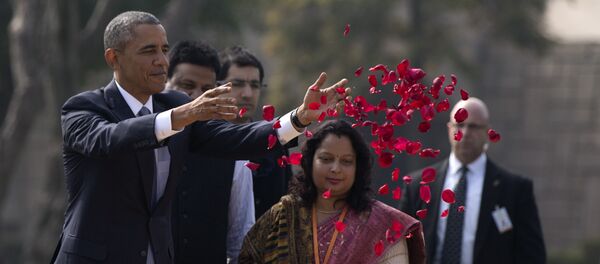Kristian Rouz – Mainland China’s monetary authorities are hoping to coordinate policy efforts with the US Federal Reserve, as expectations regarding the Fed interest rate and the latest devaluation in the effective renminbi FX rate have rocked the markets, a development both sides would like to avoid in the future.
In May, the renminbi’s effective FX rate dropped 1.2% as Beijing has been trying to spur its slowing economy via attempts to regain a competitive edge in international trade. Meanwhile, as the US FRB gears up for the next round of tightening in monetary policies, the disruptive appreciation of the dollar entailing the move is stirring concern regarding a more dramatic potential slowdown in the Chinese economy. Both the US and China are interested in preventing sudden policy moves on either side, and a policy coordination deems necessary; the People’s Bank of China (PBOC) is willing to negotiate.
"The Chinese side will argue that the US should tread cautiously as it tightens monetary policy and avoid any surprises," Mark Williams of London-based Capital Economics said. "The Federal Reserve will make its decision solely on what it deems best for the US economy, but it is clear that concerns about China have influenced its thinking about the balance of risks facing the US."
Meanwhile, US Secretary of the Treasury Jack Lew suggested Beijing should move more decisively toward a market-based renminbi FX rate, a move preventing sudden swings in the Chinese currency’s FX rate. However, the Chinese are reluctant about doing so, as this would mean Beijing losing their leverage: the ability to enhance the nation’s international trade performance at will.
"There’s definitely clear momentum in the wrong direction," Scott Kennedy of Washington-based Center for Strategic and International Studies said. "The level of trust is somewhere near scraping the bottom."
According to borrowing costs-linked futures trading, the markets are now weighing a 34% possibility of a June hike in rates, given the overwhelming amount of risks. The Fed’s current fund rates are at 0.25%, and are poised to go up to 0.5%, the same level maintained by the UK’s Bank of England (BOE). Should Brexit occur, the BOE is likely to hike rates shortly thereafter, to 0.75-1.0%.
"Chinese officials are pretty anxious about the Fed as a June rate hike – which is not fully discounted in the market – may boost the dollar," Shen Jianguang of Hong Kong-based Mizuho Securities Asia Ltd said. said. "This could pose a threat or make it difficult for the PBOC to keep a stable renminbi exchange rate. A less aggressive Fed stance is in China’s interest."
The anticipation of hikes in base interest rates in both the US and the UK is stirring anxiety in emerging markets, mainly because should two major reserve currencies appreciate, after another one, the yen, gained up to 10% in the recent months, the overall global trade environment would become less advantageous for developing economies. The Federal Reserve, meanwhile, is focused on the domestic economic situation, while the UK is also seeking a quick withdrawal from excessively active participation in international economic affairs, considered by many to have been counterproductive for the national interest in the past 20 years.
A looming withdrawal of major economies from ensuring the smooth functioning of international trade system is a major risk for export-dependent mainland China. Meanwhile, international investors are piling capital in advanced economies, fleeing the once-profitable emerging markets.
Negotiations on policy coordination might be productive in terms of providing mainland China with more time to adjust to the changing reality, however, the overall trend is hardly subject to reversal, meaning developing economies will have to undergo structural reform, shifting their growth models from trade-based ones toward domestic demand-driven expansion.



